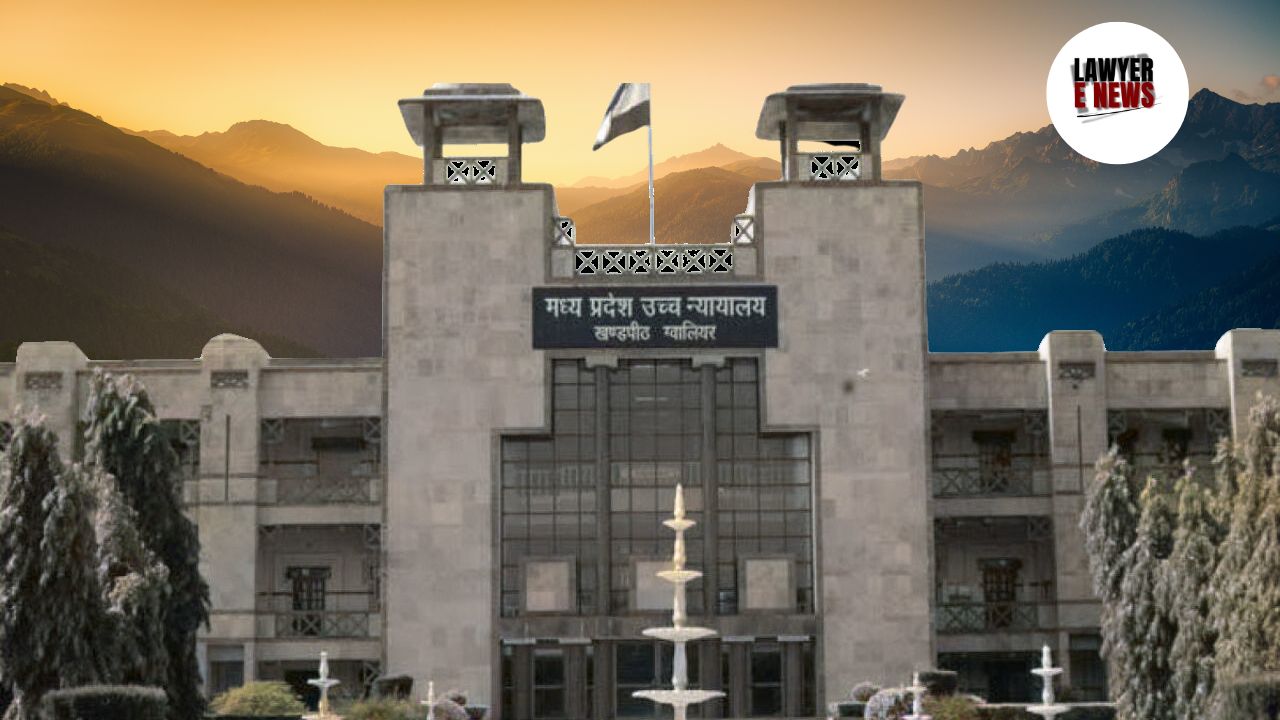-
by Admin
15 February 2026 5:35 AM



Madhya Pradesh High Court, in Writ Petition No. 26941 of 2021 (Govind Singh Lodhi vs. Union of India & Ors.), quashed sanction orders for prosecution under the Prevention of Corruption Act, 1988. The Court held that the sanctions, granted to prosecute Punjab National Bank (PNB) officers for alleged loan processing irregularities, were issued without any new material or change in circumstances. The Court emphasized that Central Vigilance Commission (CVC) recommendations are advisory and cannot bind the disciplinary authority.
The case stemmed from allegations against probationary officers of Punjab National Bank involved in loan sanctioning. The officers had processed loans while under probation, allegedly without following required procedures. Earlier, the competent authority refused to sanction prosecution due to lack of malafides and minor procedural lapses. However, the sanctions were later granted after pressure from the CVC and Department of Personnel & Training (DoPT) without new material evidence.
The key legal question was whether the sanction for prosecution, once refused, could be reissued under external pressure without new evidence or material facts. The petitioners argued that, as probationary officers, they were only involved in learning loan processing, not full responsibility. Additionally, the Ministry of Finance guidelines prohibited assigning such tasks to officers with less than two years of service.
The Court observed that sanctions for prosecution cannot be mechanically granted under the influence of external bodies like the CVC and DoPT, without the independent application of mind by the sanctioning authority. It was further noted that probationary officers, engaged in the learning process, could not be held criminally liable for minor lapses.
The Court found that there was no fresh material justifying the reviewed sanctions for prosecution. It stressed that the competent authority had initially denied sanction, and revisiting the decision without new evidence violated the principles of fairness and the rules of service. The Court reiterated that the advice of the CVC is not binding on the disciplinary authority, which must independently assess the facts before granting prosecution sanctions.
The Madhya Pradesh High Court quashed the prosecution sanctions against the petitioners and absolved them of criminal liability. It upheld the importance of independent decision-making by disciplinary authorities, free from external influence, especially in the absence of new material justifying reconsideration of previously refused sanctions.
Date of Decision: 18/09/2024
Govind Singh Lodhi vs. Union of India and Others
